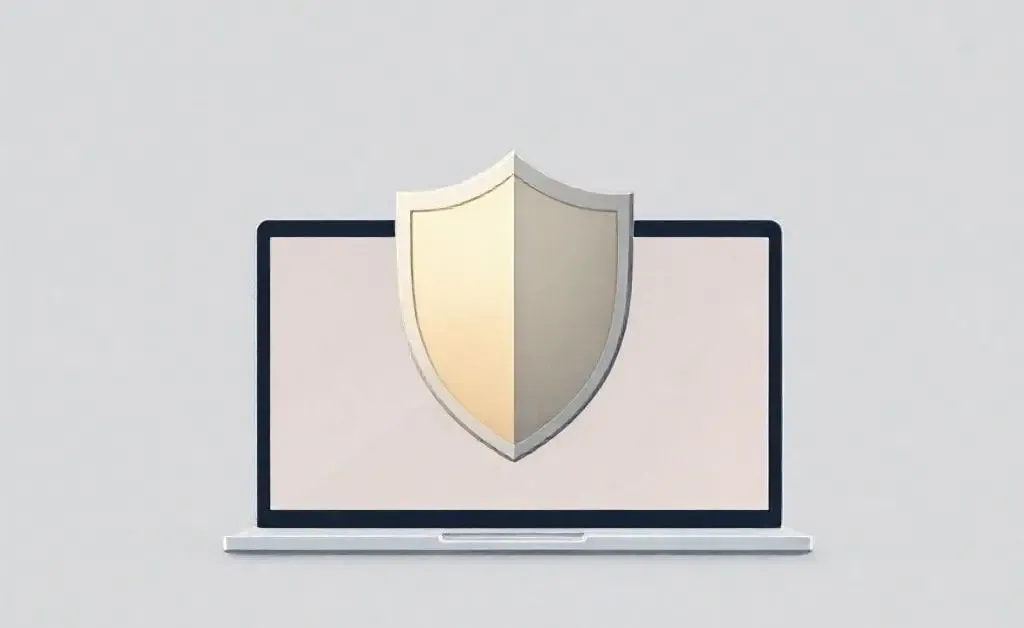How to Safeguard Your Finances from Online Scams
Learn practical ways to protect your finances from online scams.

How to Safeguard Your Finances from Online Scams
Ever worried that lurking emails in your inbox might be traps rather than treats? In this digital age, recognizing and dodging online scams have become vital skills. Let's delve into practical ways to protect your finances online.
Why You Need to Stay Alert
Imagine this: you receive a message from what appears to be your bank, urging immediate action to safeguard your account. Panicked, you click the link, potentially giving scammers access to your personal information. This scenario highlights why staying alert is crucial.

Common Online Scams to Be Aware Of
Online scams have evolved, and being aware of common ones is key to protecting yourself. Here are a few scams to watch out for:
- Phishing Emails: These mimic reputable organizations and ask for sensitive information.
- Fake Websites: Well-crafted copies of real websites designed to steal your data.
- Social Media Scams: Messages that promise rewards in exchange for personal details.
- Ponzi Schemes: Investments that promise high returns with little risk.
Practical Steps to Protect Your Finances
Now that we know the enemy, let's arm ourselves. Here’s your defensive strategy:
1. Strengthen Your Passwords
Choose complex passwords, use a password manager, and enable two-factor authentication whenever possible.

2. Verify Before You Click
Always double-check the sender’s address or URL before clicking any links. Look out for subtle differences in legitimate URLs.
3. Regularly Monitor Your Accounts
Stay on top of your financial transactions. Set alerts for any unusual activity.

4. Educate and Update Yourself
Stay informed about the latest scams. Updates from trusted security websites can provide valuable insights.
By incorporating these security measures, you build a robust defense against potential online threats.
Conclusion
With technology continuing to evolve, staying vigilant is not just prudent but necessary in defending against financial scams. Remember, a little caution today can save you from a world of worry tomorrow. What strategies do you use to secure your online presence?




